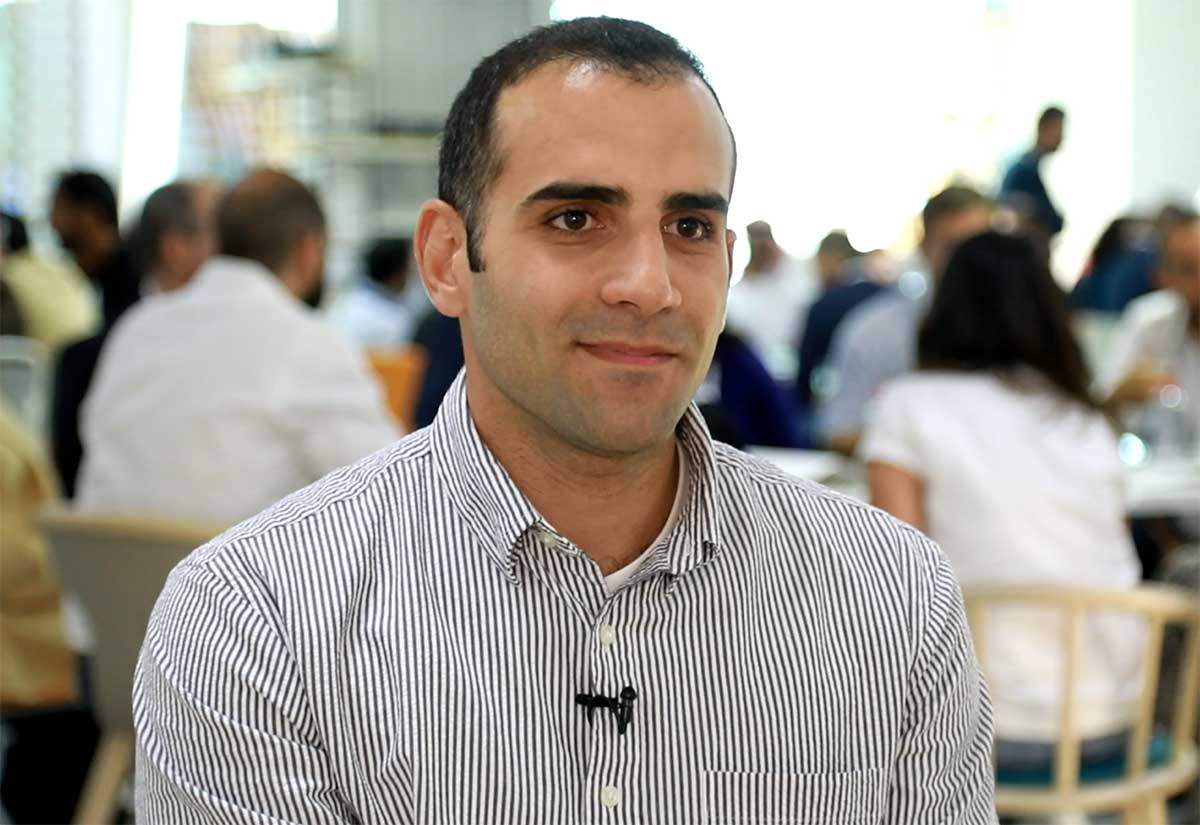Wamda recently launched a grant-based fellowship programme for the region’s aspiring entrepreneurs. The programme offers each fellow a grant of $1600 along with a workspace in Dubai and other cities.
The main objective of this programme is to bridge the gap present in today’s regional StartUps financing model and the ecosystem’s support networks.
At present, Venture Capital’s contribution to the region’s GDP is among the lowest compared to the rest world, according to the managing partner at Wamda Capital.
“As a percentage of regional GDP, Venture Capital here is one of the lowest in the world. The more you accelerate that there is a wider multiplier effect on the economy. So the more capital that flows into the entrepreneurial and innovation driven businesses, the more you will have the multiplier effect that drives GDP growth in our economies”, noted Khaled Talhouni.
He explained a study done by MIT, which describes the multiplier effect on Start-ups. “There is a 5 to 10x economic multiplier effect on start-ups i.e. for $1 spent, it drives $5 of growth in the underlying economy.”
However, limited capital flow is not the only challenge faced by the region’s budding StartUps. Fares Ghandour, Partner at Wamda Capital sheds light on how access to talent inherently remains the biggest challenge to any business.
Another issue is cross-border mobility and operations. “This is a 350 million person market but they are scattered over 22 market. You often times have to do repeated leg work in each of those market, which is a significant barrier.”
Although the number of fintech companies across the Middle East and North Africa (Mena) region will rise from 130 to 260, it is an industry that requires a huge evolutionary leap, especially in this region. “Fintech is the core industry that needs evolution in the MENA region that would allow the next wave of scale-ups to emerge. We have the largest percentage of underbanked in the world. We have the highest credit gap predicted to be between $300 bn to $700bn. That is financing that SMEs should receive to build businesses and depend on the private sector rather than depending on welfare or the public sector”, he said revealing the inefficiencies in the sector that need to be addressed immediately.
The up side of any tech-based business and StartUp is that, it does well regardless of economic cycles. At a time when the region is just reviving from an economic downturn that resulted in tightened budgets, increased cost cutting, rising public debt, and political uncertainty, it is the StartUp ecosystem that continued to thrive without hesitation. “Tech and entrepreneurship does well when the economy is doing well because they are a more efficient way of doing business. Tech also does well when the economy isn’t doing well because of the capital efficiencies of the businesses”, he explained.
However, the good thing is that new funds and government schemes are emerging that has increasingly been attracting global investors to come in. Mega rounds of funding has been happening across the region, where multi-hundreds of billions of dollars are being deployed for successful ideas and business. For example, $500 million was recently raised by Careem and Property Finder managed to raise $100 million.
(Source: Arabianbusiness.com YouTube channel)









